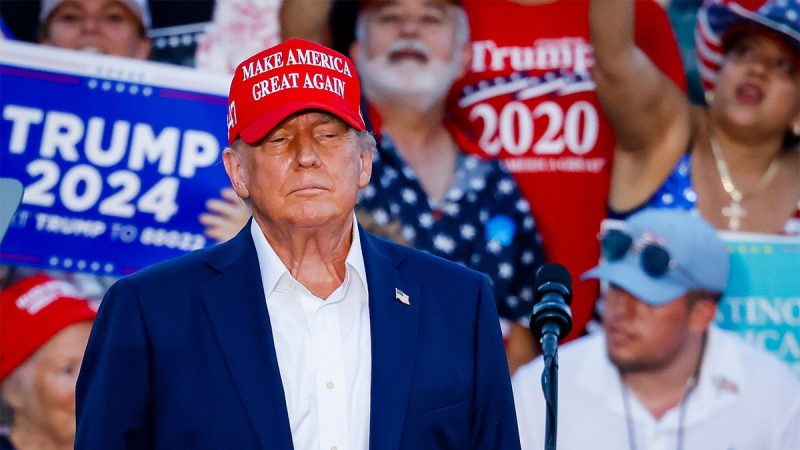Social media platforms are powerful tools that have the ability to connect people around the world, share information, and influence public opinion. In recent years, the role of social media in shaping political discourse has come under increasing scrutiny. One of the most high-profile cases in this regard has been the banning of former U.S. President Donald Trump from multiple social media platforms. This move has sparked debates on the limits of free speech, the responsibility of social media companies to regulate their platforms, and the impact of such actions on democratic processes.
The decision to ban Trump from various social media platforms was not taken lightly and was based on a variety of reasons. One of the primary reasons cited by these platforms was the violation of their terms of service and community guidelines. Trump’s posts were often flagged for inciting violence, spreading misinformation, and promoting hate speech. Social media companies have been under increasing pressure to crack down on such content and ensure the safety and security of their users.
Another key factor in the ban was the role of social media in shaping public opinion and influencing political outcomes. Trump’s prolific use of platforms like Twitter and Facebook allowed him to communicate directly with millions of followers, bypassing traditional media channels. This direct line of communication gave him significant influence and the ability to shape narratives and mobilize his base. The ban was seen as a way to limit his reach and prevent further dissemination of harmful content.
Furthermore, the events surrounding the Capitol riot on January 6, 2021, played a crucial role in the decision to ban Trump from social media. Many critics argued that Trump’s rhetoric and false claims of election fraud had contributed to the violent insurrection. Social media companies were quick to act in the aftermath of the riot, deplatforming Trump and removing content that continued to incite violence or spread misinformation about the election results.
The ban on Trump from social media platforms has raised important questions about the balance between free speech and regulation on these platforms. While social media companies have the right to enforce their terms of service, there are concerns about the power they hold in shaping public discourse and silencing certain voices. Critics argue that the ban sets a dangerous precedent and raises questions about the accountability and transparency of tech companies in regulating content.
In conclusion, the banning of Donald Trump from social media platforms marks a significant moment in the debate over the role of social media in politics. While the decision was based on concerns about incitement to violence, misinformation, and hate speech, it has broader implications for free speech and the power of tech giants to control public narratives. As social media continues to play a central role in shaping political discourse, questions about regulation, accountability, and the limits of speech will remain at the forefront of public debate.

